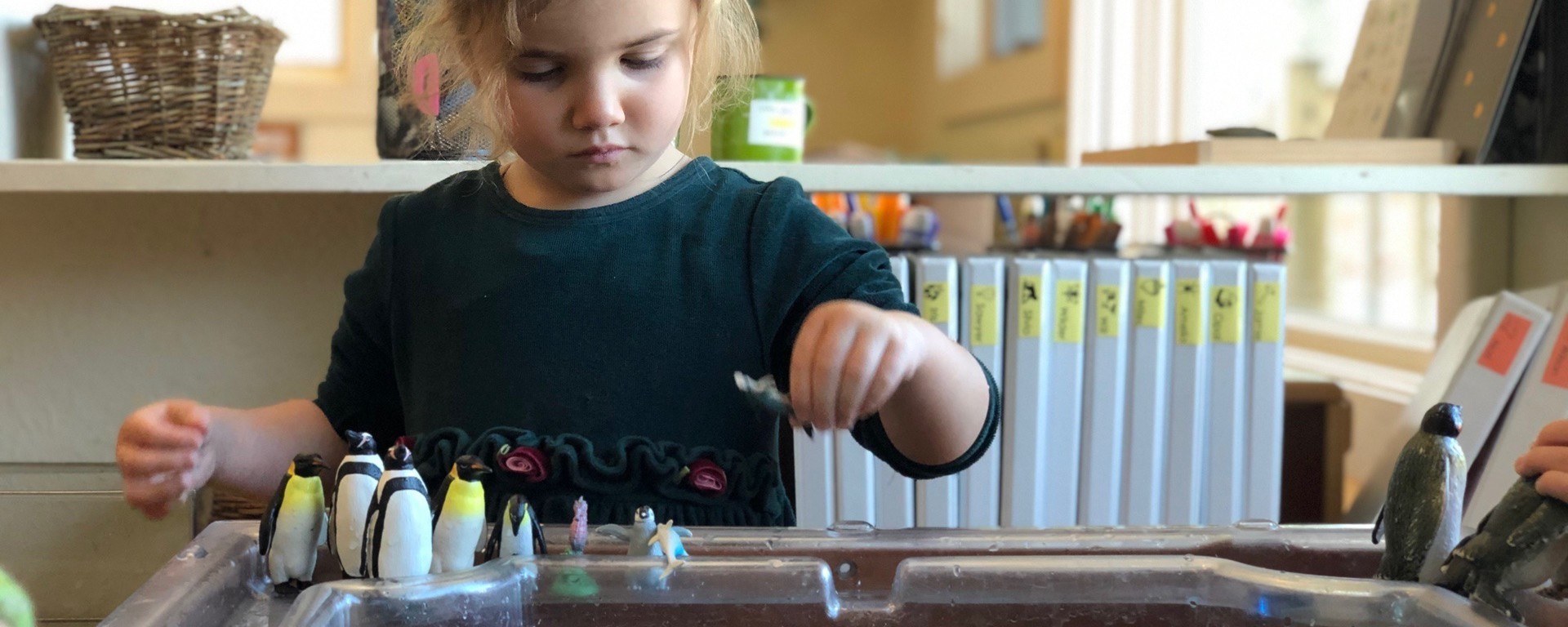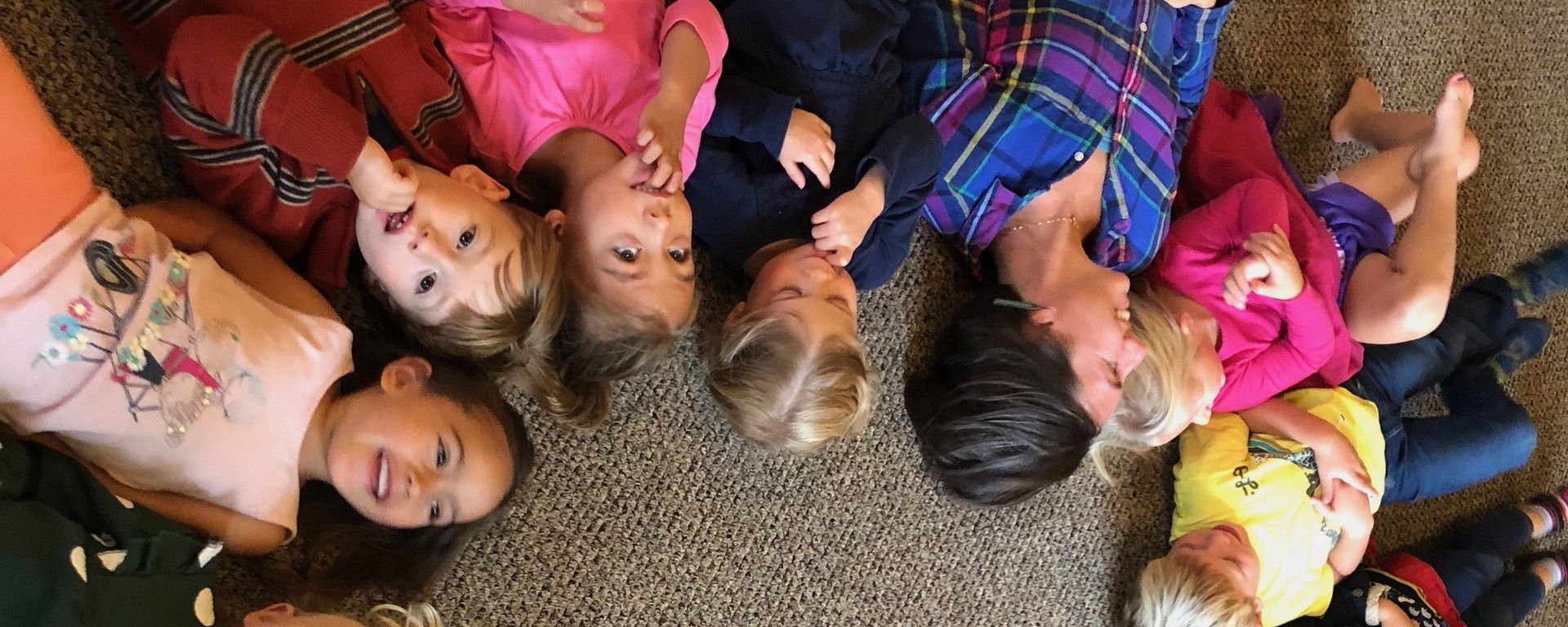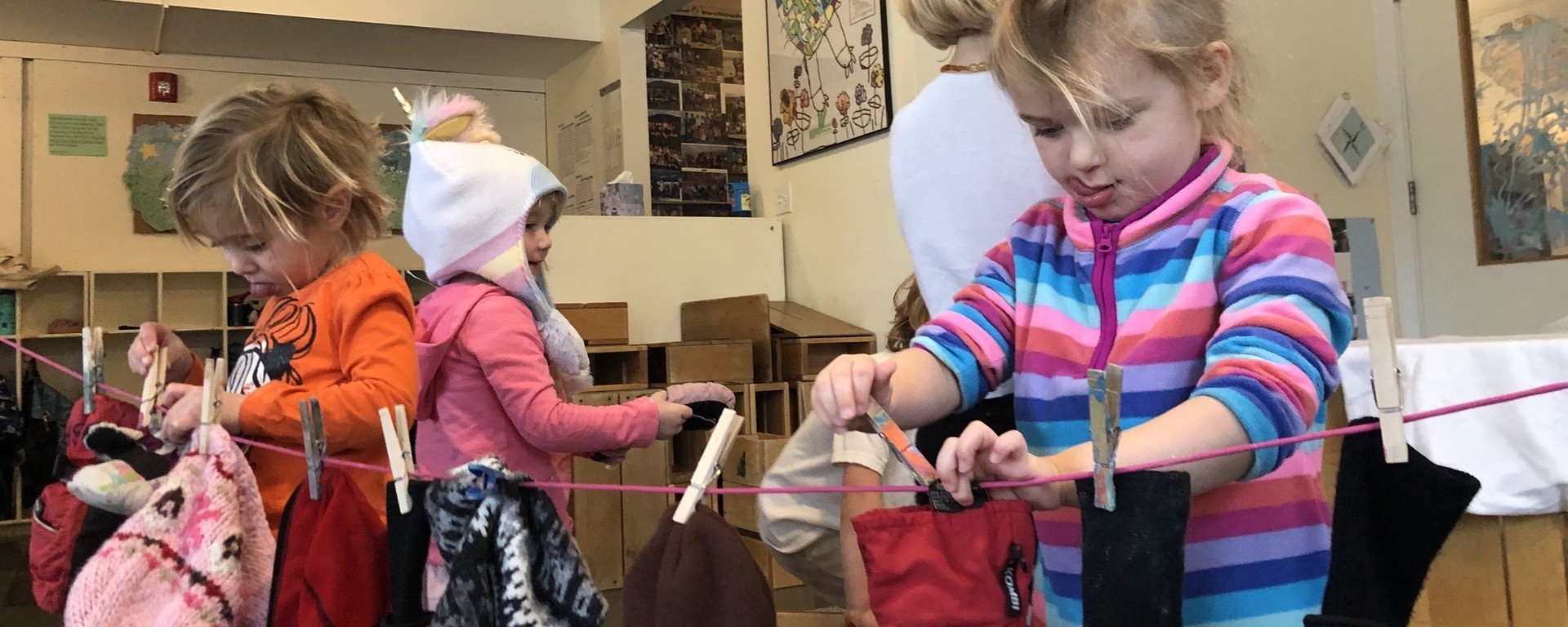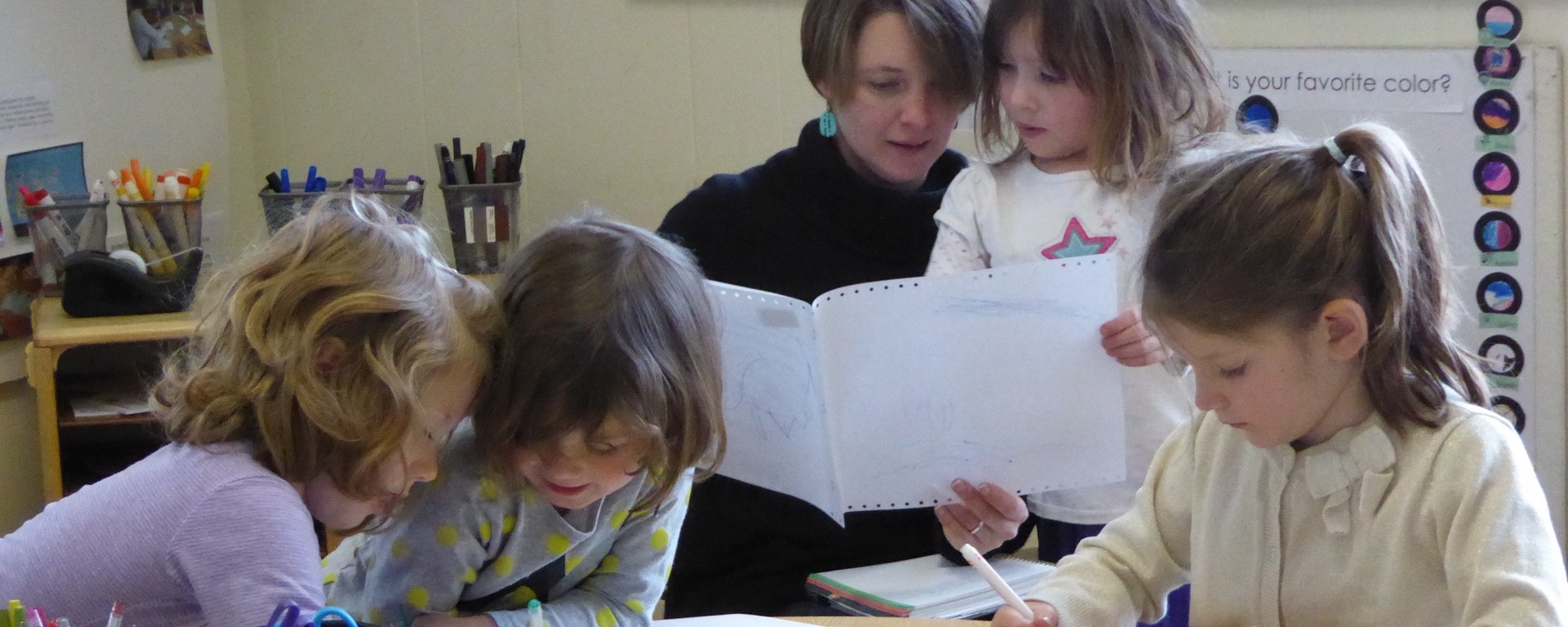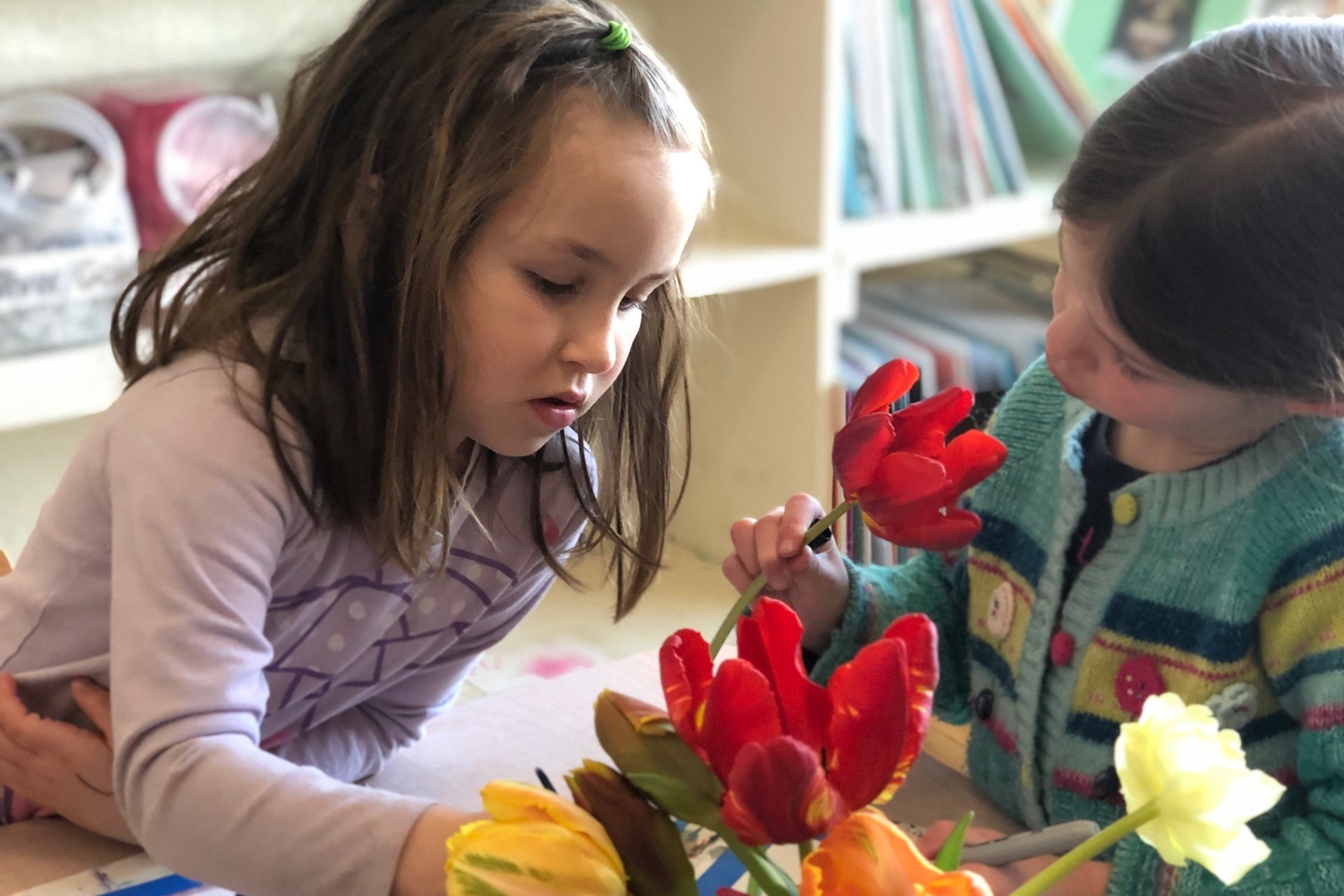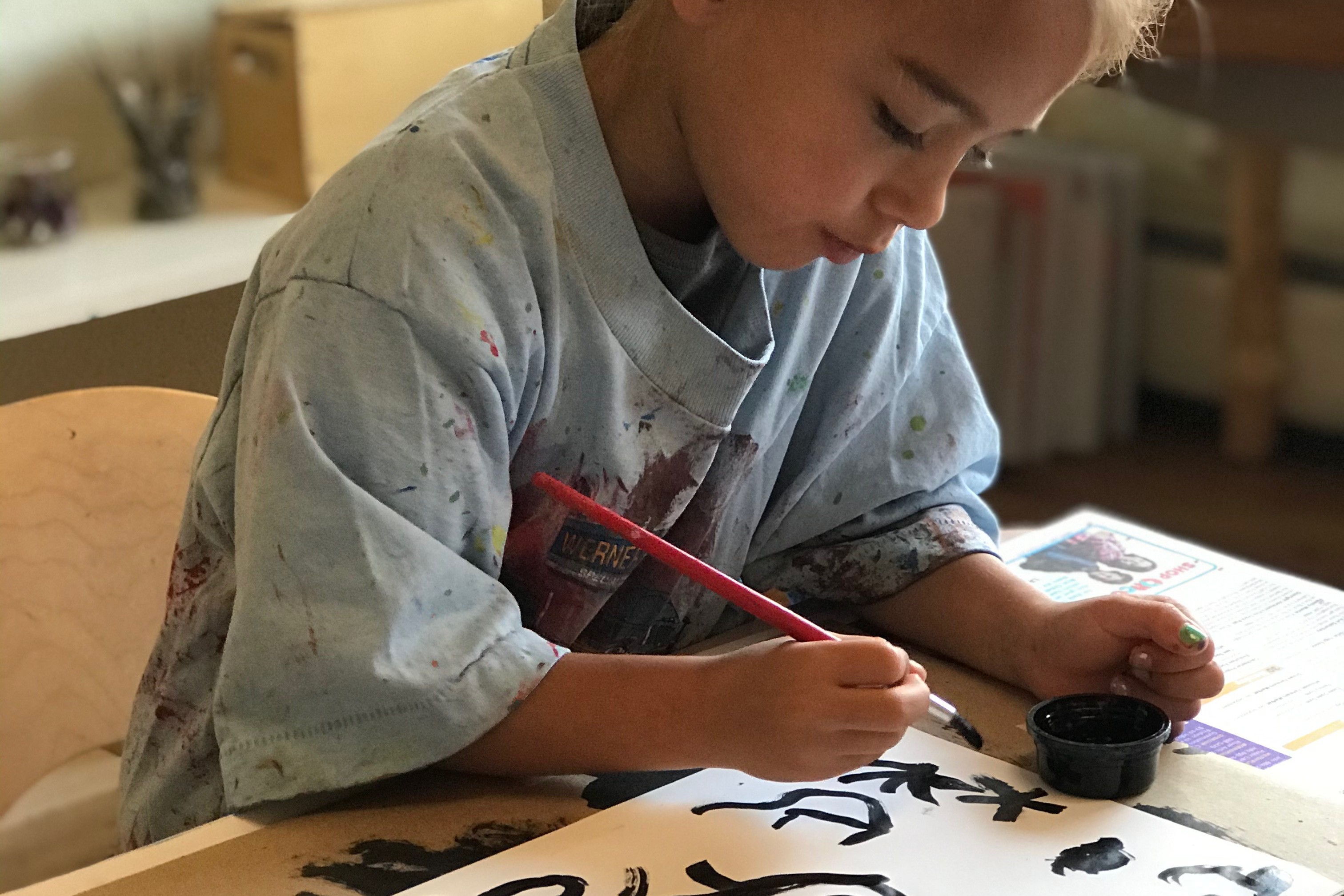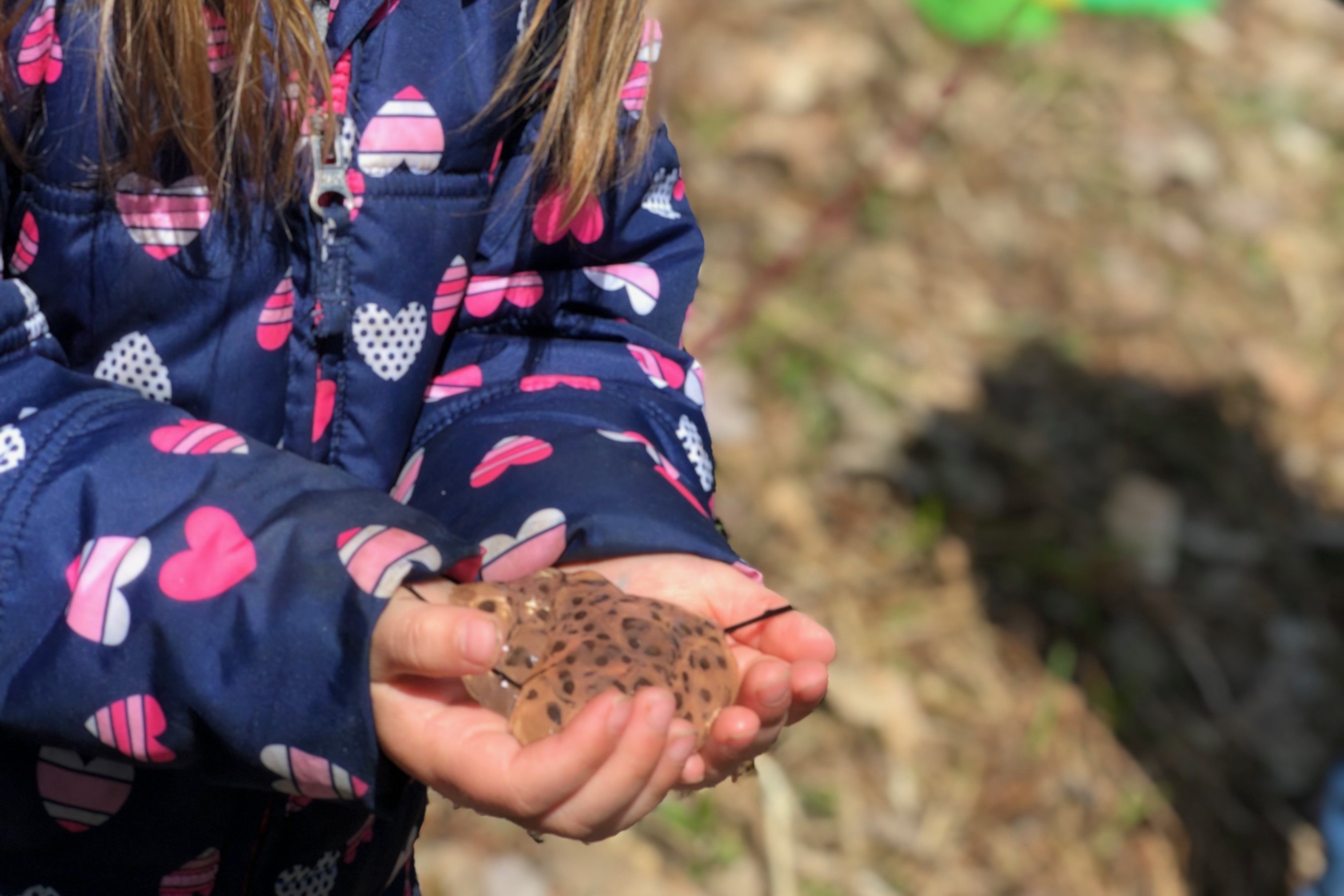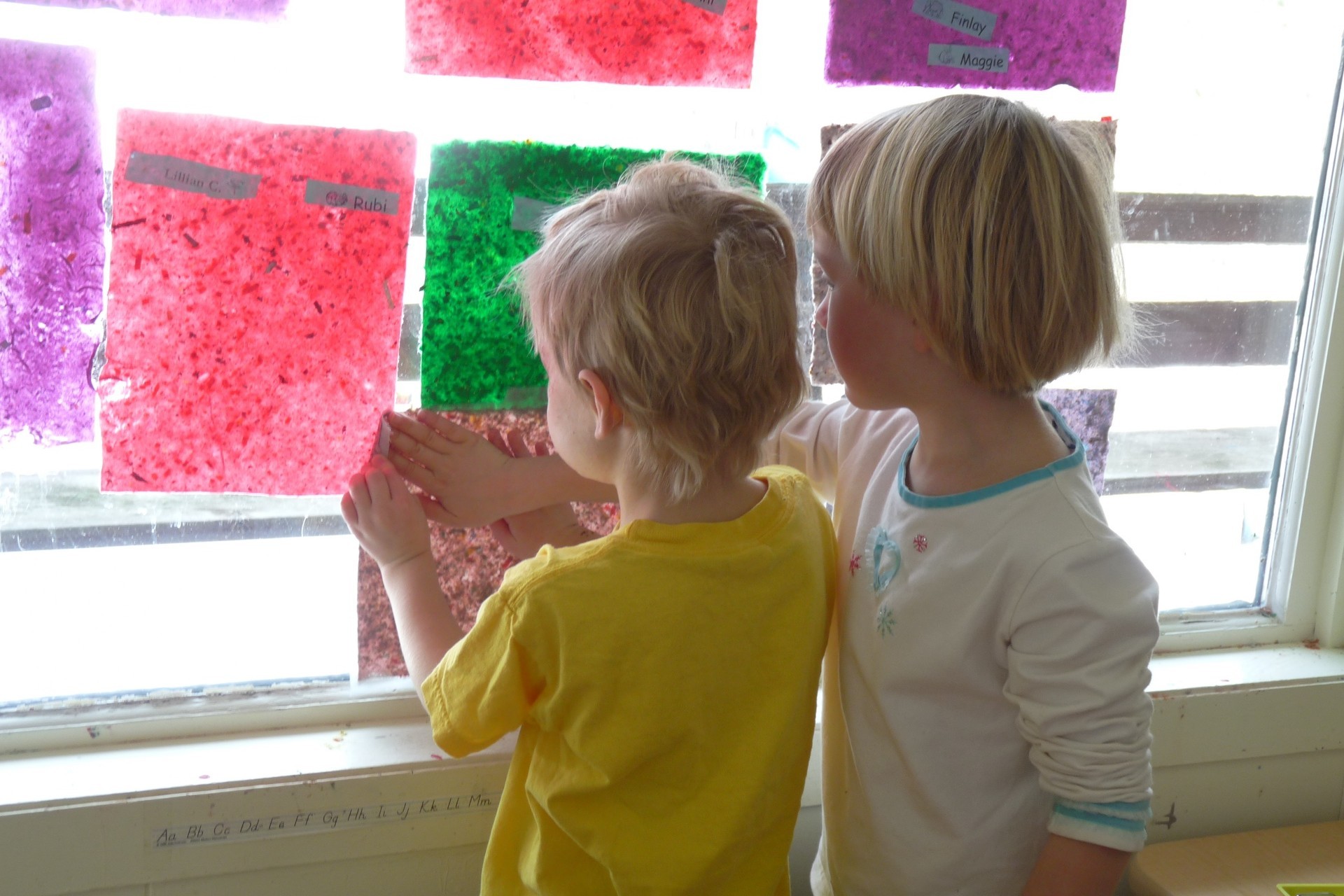 Curriculum
Curriculum
Spring Hill School’s philosophy and curriculum have been inspired by the world-renowned schools of Reggio Emilia, Italy since 1993. This educational philosophy is grounded in several core values designed to empower and encourage students. Children are seen as competent and powerful. At Spring Hill, we embrace "the rights of children" as expressed by the Reggio Emilia Approach.
Children have:
- the right to a safe, beautiful, loving and stimulating environment
- the right to experience everything with joy
- the right to be listened to
- the right to be understood
- the right to play, experiment and collaborate with others
- the right to be researchers, to express their own theories and to solve and formulate their own problems
Children learn about their world by participating in in-depth projects. Teachers share a sense of wonderment and discovery with the children as they explore theories and questions in a meaningful and dynamic context. Children learn through play. The curriculum emerges according to the interests and the needs of the children and/or teachers. Children learn and represent their ideas in at least "100 Languages”, including painting, dancing, constructing with blocks, experimenting with light or sculpting with clay. Children develop pre-kindergarten literacy, math, cognitive and social and emotional skills through rich collaborative experiences within the framework of meaningful projects.
Caring, respect, and sensitivity for oneself and others is modeled and nurtured. Children are seen as connected to each other, their families and their teachers. Individual differences and similarities are discussed and celebrated. We work hard to create a classroom community of belonging. An ongoing dialogue is maintained with parents, who are respected as the child's first and foremost teachers.
The classroom environment is regarded as the third teacher (the parent is the first, the teacher is the second). It is designed to be rich and inviting, comfortable and safe, aesthetically pleasing and stimulating. It is set up in ways that encourage small groups of children to play together. The outdoor environment serves as an extended classroom.
All of these elements come together to create a positive school experience where children are learning the pleasure of learning, thereby creating a strong foundation to be life-long researchers and community members.
To learn more about the Reggio Emilia Approach:
https://www.reggiochildren.it/en/
https://www.reggioalliance.org/
